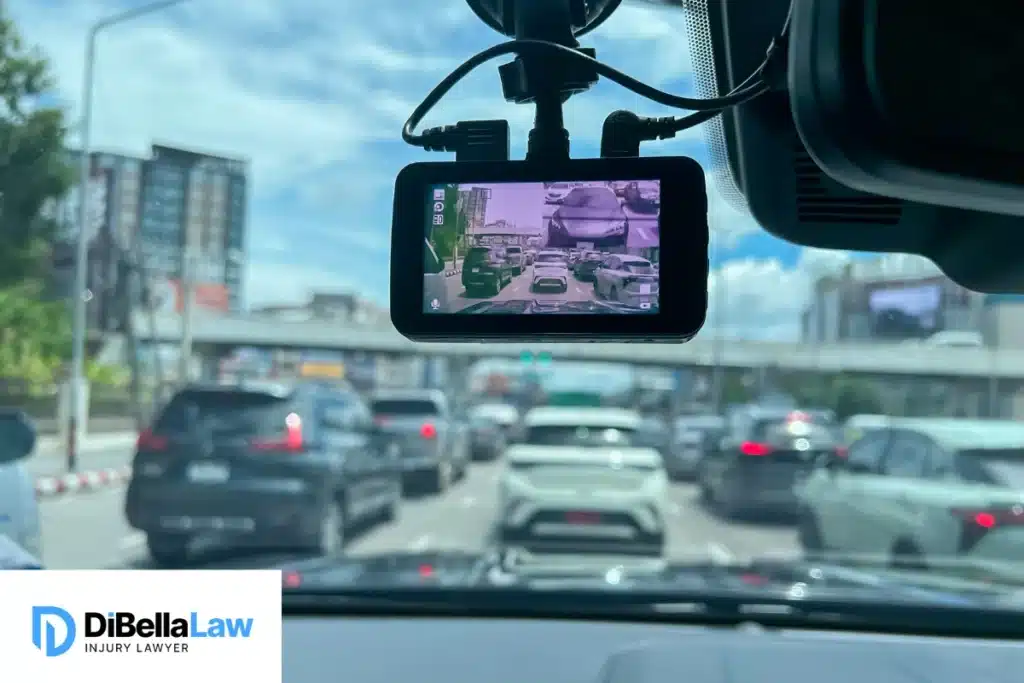Dashboard cameras, also known as dashcams, are a popular accessory in many vehicles today. They may be powered by the cigarette lighter socket that’s hardwired directly to the battery car. Some models have screens on the back of the camera that allow occupants to see the video while it is recording. Other models have built-in GPS.
Dashcams record video footage of what happens on the road in front of the vehicle, with a field of view ranging from 140° to 170°. These cameras have many uses for motorists. One is to provide clear physical evidence of the events that led up to an accident and how the crash occurred. This objective evidence can be important in a personal injury claim. If you have been injured in a car accident caused by the negligence of another driver, dashcam footage can serve as valuable case evidence that supports your claim. Contact Boston car accident lawyer to claim justice.
How Can Dashcam Footage Help Your Case?
If you were involved in a crash that was someone else’s fault, dashcam footage could help establish liability and clear you of responsibility for the accident. After a traffic crash, police often hear conflicting accounts of how it happened and who caused it. Clear camera footage can provide indisputable physical evidence of what actually occurred. It can also help you demonstrate the severity of the crash caused by the other driver.
How Do You Obtain Dashcam Footage?
If you had a dashcam installed and operating in your vehicle at the time of your accident, you should immediately make the footage available to your attorney. If you did not have a dashcam, your attorney may:
- Reach out to other drivers who were involved in the crash
- Reach out to witnesses on the scene
- Subpoena footage from another driver
- Subpoena camera footage from nearby businesses or government agencies
How Can Dashcam Footage Be Used in Court?
In Massachusetts, dashcam footage is admissible as evidence in court, provided the dashcam was properly mounted on the dashboard and not the windshield, according to state rules. By using footage allowed in court as evidence, your attorney can create a clear timeline of events and show how the accident occurred. Expert witnesses can be called in to testify and explain the technical aspects of the footage. This camera footage may also be used to refresh your memory and prepare you to testify about what you recall of the accident.
What Are the Potential Challenges and Limitations of Dashcam Footage?
Older model dashcams stop recording once the capacity of the memory card has been reached. Newer models automatically begin recording over previously recorded footage after reaching full memory capacity. In both cases, you could lose vital evidence without knowing it.
According to state rules, dashcam footage may not be admissible as evidence in court if the camera was not mounted properly on the vehicle. In addition, dashcams in Massachusetts are only allowed to record events that take place in public areas or in public view, not on private property. State laws prohibit recording a person without their consent. In using dashcam footage as evidence in a personal injury case, your attorney may face challenges regarding the quality or clarity of the footage, issues concerning the chain of custody, or objections from opposing counsel.
How Can a Massachusetts Personal Injury Attorney Help?
Our experienced Massachusetts car accident lawyer at DiBella Law Injury and Accident Lawyers can help you obtain dashcam footage and recover the compensation you deserve. We can use this evidence to negotiate with insurance companies on your behalf or pursue full compensation in court if necessary. Call us at (978) 396-2464 to schedule a free consultation.
